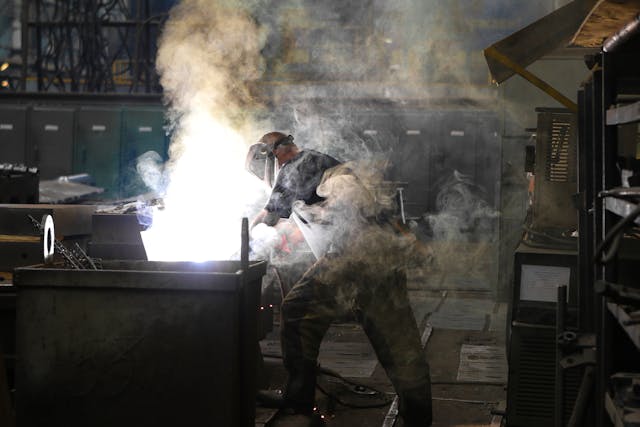
Your manufacturing project’s success depends on your choice of metal stamping supplier. Therefore, asking the right questions before finalizing your decision is essential. When selecting a metal stamping provider, take into account these three important questions. You can make sure that the supplier you choose is in line with the standards and specifications of your project by giving these issues serious thought.
1. What Are Their Specializations and Capabilities?
It is crucial to know the skills and areas of expertise of a possible metal stamping supplier. Many vendors might provide a variety of services, ranging from simple stamping to more intricate procedures like progressive or deep drawing stamping. Verify with the supplier that they can meet the particular needs of your project, such as the kind of metal, size, and complexity of the components you want. To make sure they meet the requirements of your project, find out more about their metal stamping services. The accuracy and caliber of stamped components may be greatly improved by sophisticated equipment and technology. The supplier’s experience in your sector should also be taken into account since this might offer insightful knowledge and experience that can help your project.
Ask them how they manage complex or bespoke designs and if they can scale manufacturing to meet your demands for small or big numbers. Knowing their qualifications and quality control procedures will reassure you about their dedication to producing high-quality products. Examining their turnaround times and adaptability to project modifications or unforeseen requirements is also advantageous.
2. Which Quality Monitoring Protocols Are Followed?
Metal stamping requires careful attention to quality assurance. Making ensuring the supplier has strong quality control procedures in place can assist reduce errors and guarantee the consistency of your goods. Asking the supplier about their quality assurance procedures—which include testing methods, certifications, and inspection procedures—is a good idea. Finding out if the supplier abides by laws and industry norms is also very important. To evaluate the caliber of their output, you could also think about requesting references or examples of their prior work.
You may assess how well they detect and handle such problems before they have an impact on your project by being aware of their quality assurance procedures. Please inquire about the technologies and tools they employ for quality control, such as sophisticated testing techniques or automated inspection systems. It’s critical to understand their policies on non-conformances and the steps they take to address any flaws that are found. Check to see whether they have recently completed audits or reviews by other agencies to make sure their quality standards are current. Finally, talking about their continuous improvement strategy will reassure you about their dedication to upholding excellent manufacturing standards over time.
3. How Do They Handle Collaboration and Client Assistance?
Dealing with a metal stamping supplier requires efficient communication and customer assistance. You want to enquire about the supplier’s methods of contact and their approach to responding to questions and issues from clients. Ensuring the provider responds quickly and communicates clearly is crucial. Maintaining the progress of your project and avoiding misconceptions may both be achieved via timely and clear communication. Ask the supplier how they plan to handle any modifications or problems that may come up throughout the production process.
Evaluating their communication approach may also shed light on how they handle project updates and offer feedback, both of which are critical for keeping the relationship in line with your expectations. Find out whether they have devoted account managers or points of contact who understand your project and can quickly resolve issues. The provision of proactive problem-solving and adaptability to changes or unforeseen obstacles are essential components of effective customer support. To make sure there is a clear record of all conversations, find out also how they handle and record any concerns or adjustments. Strong communication techniques from your supplier will promote cooperative working relationships and help your project succeed as a whole.
Conclusion
Inquiring about the supplier’s competencies and areas of expertise, quality control procedures, and customer service and support will help you make an educated choice and guarantee a fruitful collaboration. Making an effort to assess possible providers carefully may help you guarantee the effectiveness and quality of your manufacturing operation.
